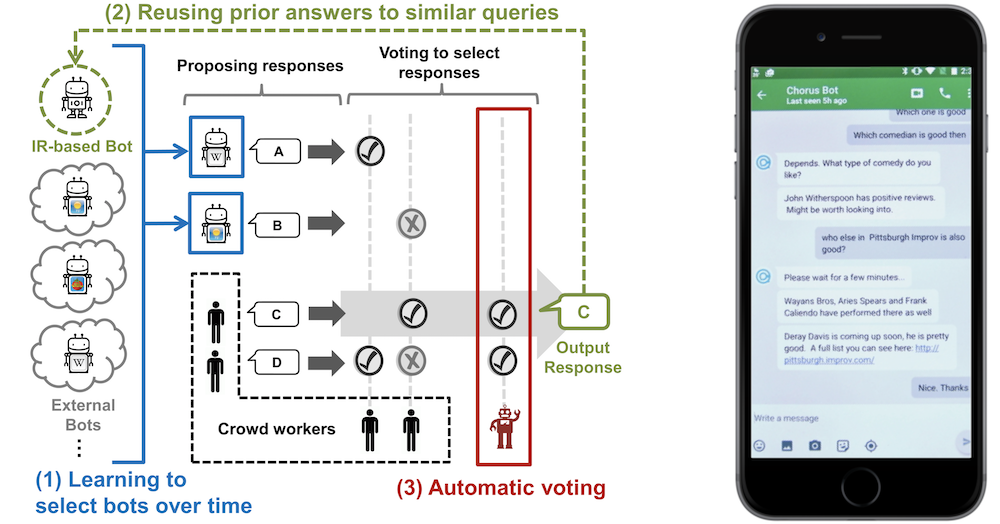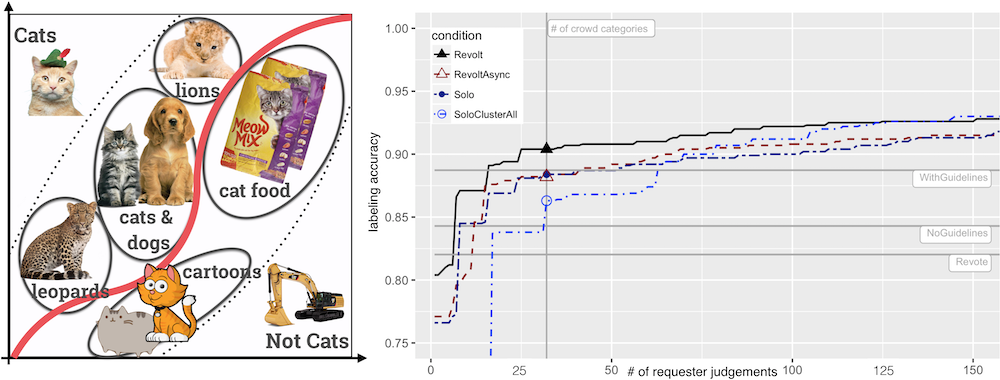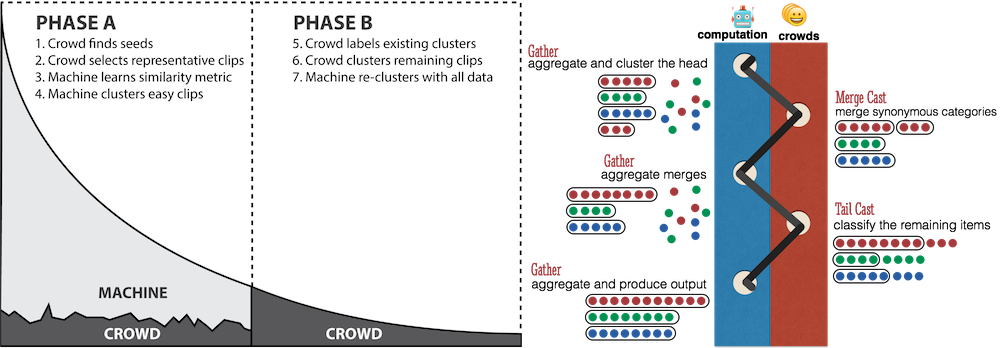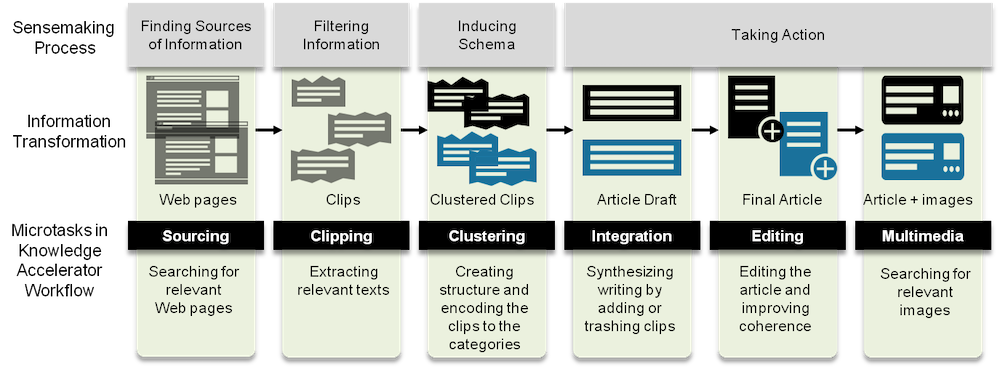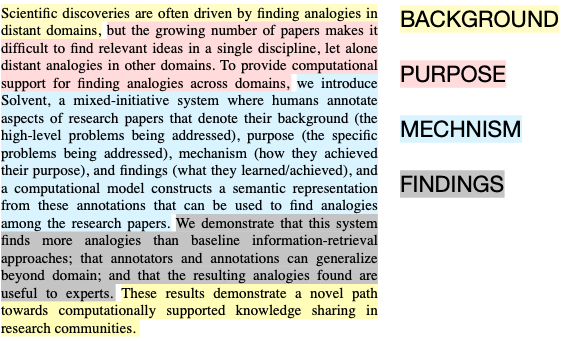
Analogies in distant domains often lead to scientific discoveries. However, it can be prohibitively difficult for researchers to find useful analogies from unfamiliar domains as search engines poorly support it. We introduce Solvent, a mixed-initiative system where annotators structure abstracts of academic papers into different aspects and use a semantic model to find analogies among research papers and across different domains. These results demonstrate a new path towards computationally supported knowledge sharing in research communities.

